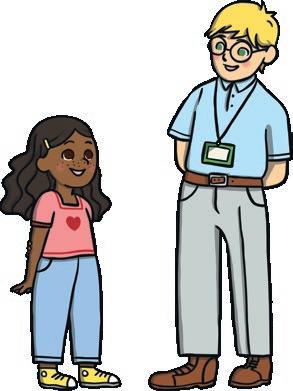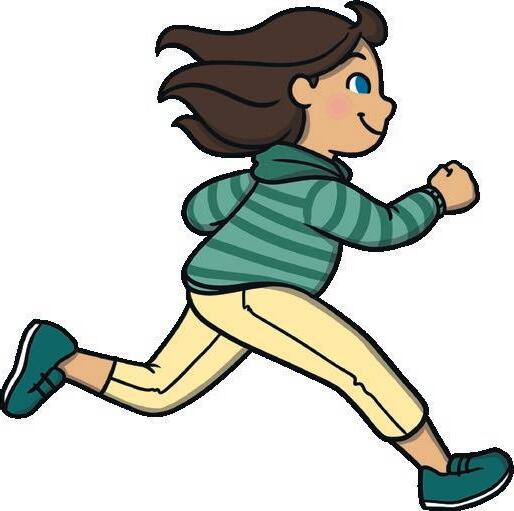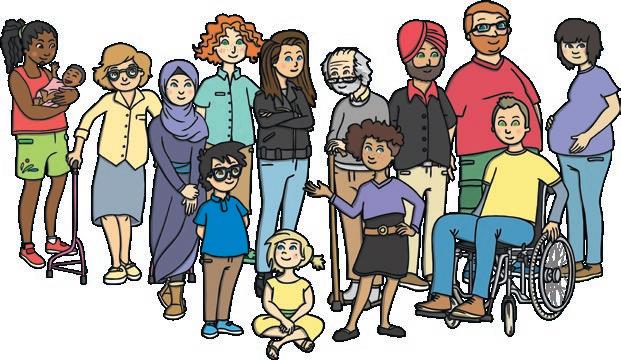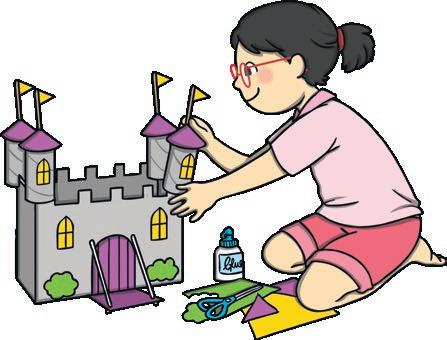EYFS Development Matters Reception - Prime Areas
Communication and Language
• Understand how to listen carefully and why listening is important.
• Learn new vocabulary.
• Use new vocabulary through the day.
• Ask questions to find out more and to check they understand what has been said to them.
• Articulate their ideas and thoughts in well-formed sentences.
• Connect one idea or action to another using a range of connectives.
• Describe events in some detail.
• Use talk to help work out problems and organise thinking and activities explain how things work and why they might happen.
• Develop social phrases.
• Engage in story times.
• Listen to and talk about stories to build familiarity and understanding.
• Retell the story, once they have developed a deep familiarity with the text, some as exact repetition and some in their own words.
• Use new vocabulary in different contexts.
• Listen carefully to rhymes and songs, paying attention to how they sound.
• Learn rhymes, poems and songs.
• Engage in non-fiction books.
• Listen to and talk about selected non-fiction to develop a deep familiarity with new knowledge and vocabulary.

Personal, Social and Emotional Development
• See themselves as a valuable individual.
• Build constructive and respectful relationships.
• Express their feelings and consider the feelings of others.
• Show resilience and perseverance in the face of challenge.
• Identify and moderate their own feelings socially and emotionally.
• Think about the perspectives of others.
• Manage their own needs.
- Personal hygiene
• Know and talk about the different factors that support their overall health and wellbeing:
- regular physical activity
- healthy eating
- toothbrushing
- sensible amounts of ‘screen time’
- having a good sleep routine
- being a safe pedestrian
Physical Development
• Revise and refine the fundamental movement skills they have already acquired:
- rolling
- crawling
- walking
- jumping
- running
- hopping
- skipping
- climbing
• Progress towards a more fluent style of moving, with developing control and grace.
• Develop the overall body strength, co-ordination, balance and agility needed to engage successfully with future physical education sessions and other physical disciplines including dance, gymnastics, sport and swimming.
• Develop their small motor skills so that they can use a range of tools competently, safely and confidently. Suggested tools: pencils for drawing and writing, paintbrushes, scissors, knives, forks and spoons.
• Use their core muscle strength to achieve a good posture when sitting at a table or sitting on the floor.
Physical Development
• Combine different movements with ease and fluency.
• Confidently and safely use a range of large and small apparatus indoors and outside, alone and in a group.
• Develop overall body-strength, balance, co-ordination and agility.
• Further develop and refine a range of ball skills including: throwing, catching, kicking, passing, batting, and aiming.
• Develop confidence, competence, precision and accuracy when engaging in activities that involve a ball.
• Develop the foundations of a handwriting style which is fast, accurate and efficient.
• Further develop the skills they need to manage the school day successfully:
- lining up and queuing
- mealtimes




